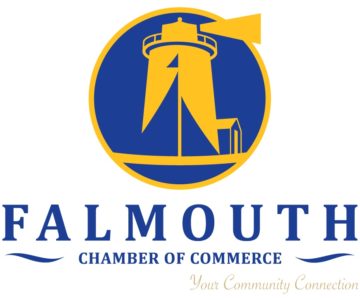Preliminary results from a survey issued to local business owners by the Cape Cod Commission and the Cape Cod Chamber of Commerce suggest severe impacts to the local business community due to COVID-19. Employers are navigating new health, safety, and reopening regulations and adjusting expectations for a tempered summer season.
To date, more than 350 business owners with businesses in all 15 Cape Cod towns have responded to the survey, representing industries including accommodations, retail, and restaurants, catering, food/beverage services, construction, real estate, health care, and recreation.
These preliminary results show a decline in customers and sales, along with reduced hours of operation. While most closed businesses plan to reopen, some will remain shuttered and others are unsure.
Most businesses were able to avoid layoffs, and a small amount were able to transition to remote work, likely reflecting the need for workers to be on site in the top respondents’ industries: accommodations, retail, restaurants, catering, and food services. Over one-fourth of respondents furloughed employees.
Revenue loss is significant. Losses of more than 50 percent, some more than 100 percent, were reported by many respondents. The summer months will likely come with increased revenue for some businesses, but nearly 45 percent of respondents still anticipate revenue losses of more than 50% over the next six months, when compared with a typical year.
“Bookings at our hotels and short-term rentals showed a strong increase following Governor Baker’s announcement of Phase Two,” said Wendy Northcross, CEO of the Cape Cod Chamber of Commerce. “We are seeing signs of improvement as our local businesses begin to open.”
Survey respondents say the assistance they need most, beyond financial assistance, is help with communications and marketing. Operational assistance, such as technical support in marketing, financing, and management, was the second-highest identified non-financial need.
“We will continue to collect data through future iterations of this survey,” says Cape Cod Commission Executive Director Kristy Senatori. “Responses will be used to support economic recovery now and in the coming weeks and months, and can be leveraged by businesses, towns, and other organizations in future grant applications and reports.”
The top resources being used to manage COVID-19 impacts are personal savings (62 percent), participating in a program to mitigate layoffs (e.g., Payroll Protection Program, Workshare, or Rapid Response) (38 percent), or Unemployment Insurance (for sole proprietors) (21 percent)
Beyond financial assistance, the most needed support was communications/marketing/social media assistance (45 percent), followed by operational assistance (32 percent).























